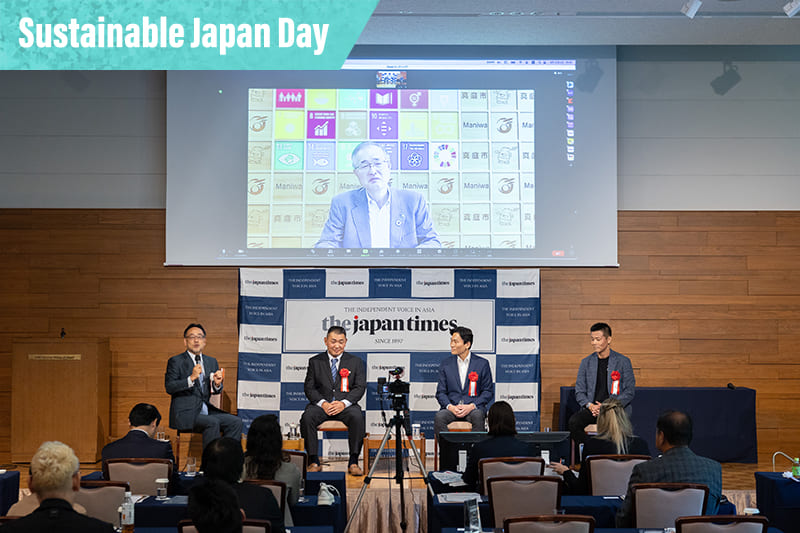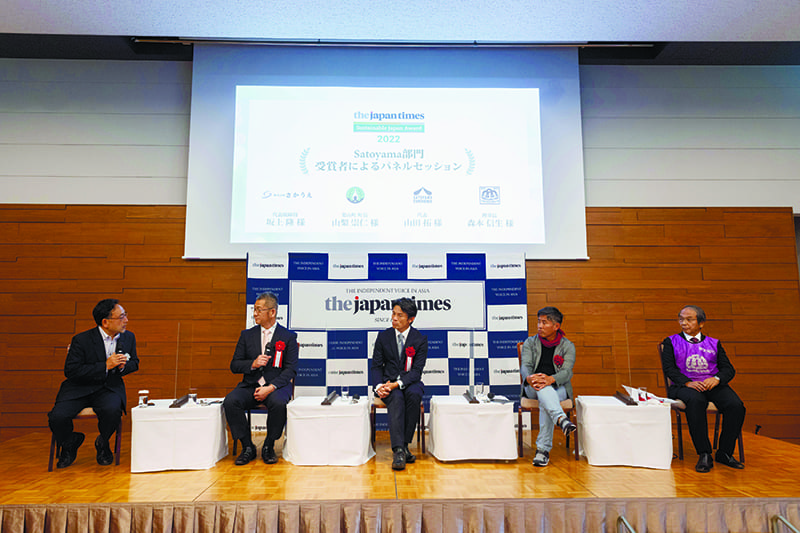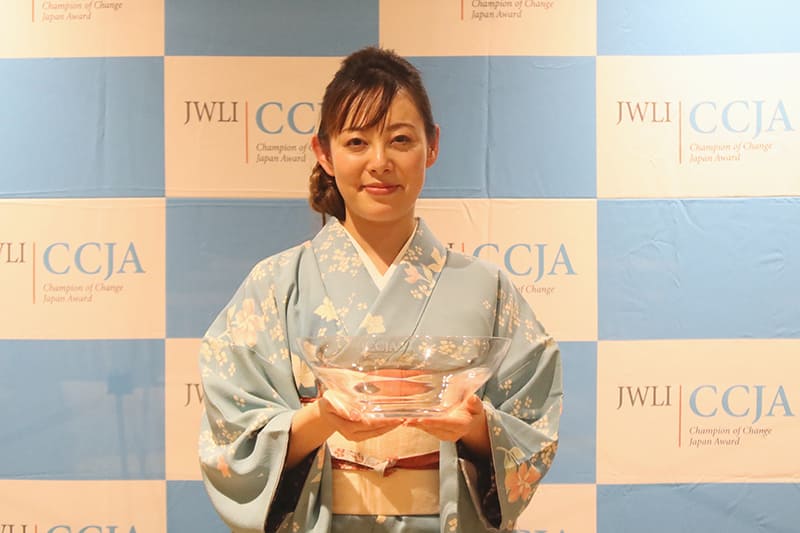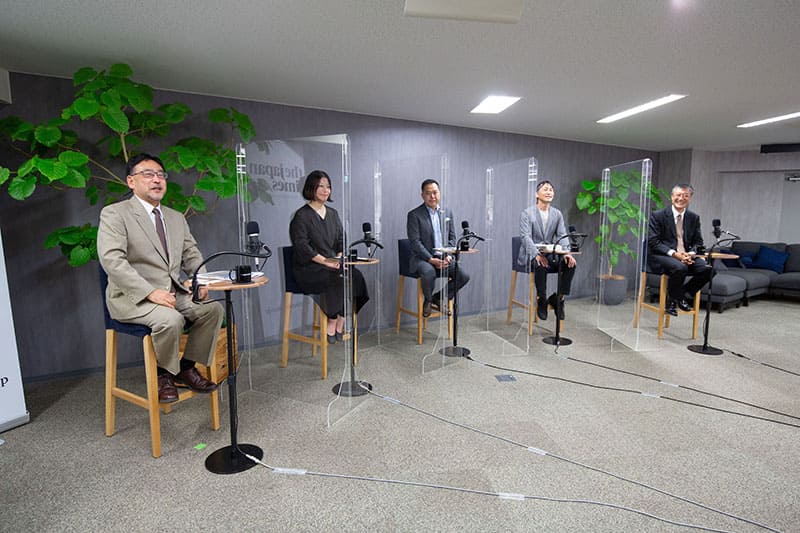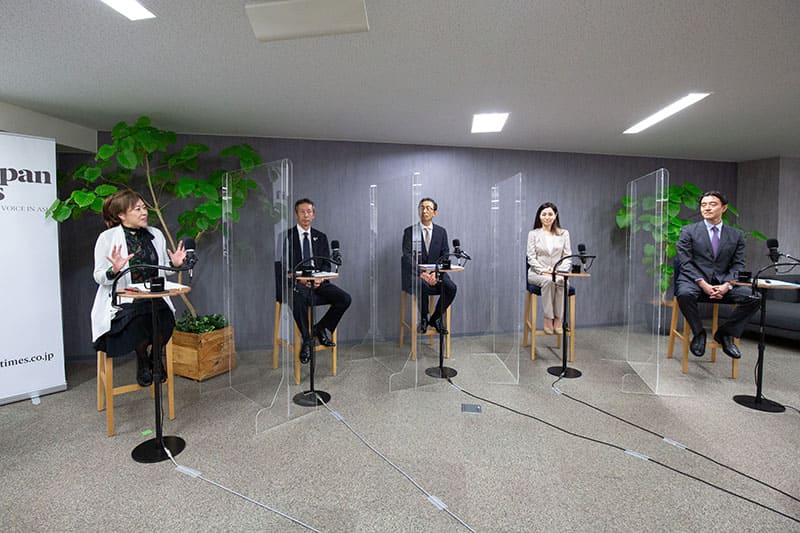August 18, 2023
Tottori, home of premium wagyu, offers great diversity of delicacies
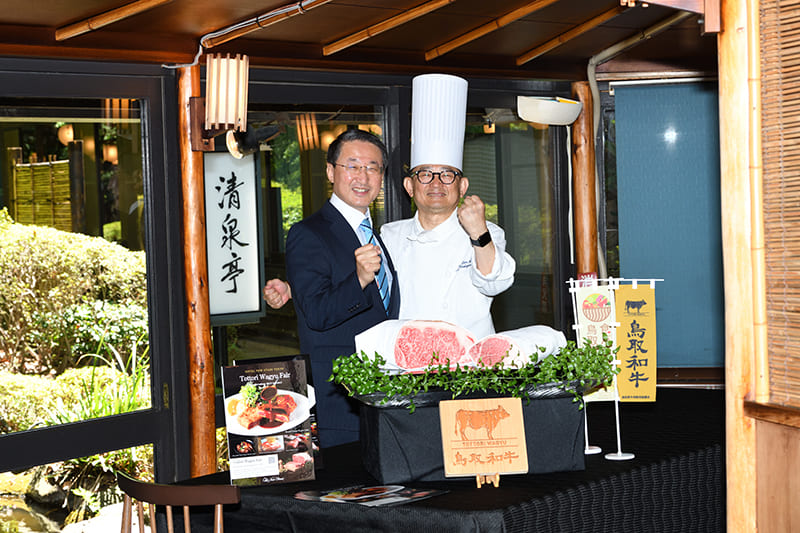
Western Japan’s Tottori Prefecture, lying on the Sea of Japan and boasting the famous Mount Daisen and other peaks, has been a major beef-producing area since the Edo Period. Japan’s least populous prefecture is blessed with rich nature and clean air, abundant groundwater and high-quality straw — everything needed for raising healthy cattle. Ketaka cattle, the origin of many of the renowned wagyu brands across the country, were bred in this area.
Tottori’s Hakuho 85-3 cattle, which derive from the Ketaka bloodline, won first place in the 11th national contest organized by the Wagyu Registry Association in 2017, which led to the launch of the first Tottori Wagyu Fair at the Hotel New Otani Tokyo in 2018. The fair has been held at the hotel every year since then, offering gourmet delights with Tottori wagyu’s sophisticated taste and the refined and creative techniques of the hotel’s chefs.
In a recent interview with The Japan Times, Tottori Gov. Shinji Hirai and Shinsuke Nakajima, the executive managing director and executive chef of New Otani Co. Ltd., talked about the charm of Tottori wagyu and this year’s Tottori Wagyu Fair, being held until Aug. 31. The interview took place at Seisen-tei, a teppanyaki grill restaurant in the hotel’s Japanese Garden.
The hotel, which was opened in 1964 to accommodate foreign visitors to the first Tokyo Olympic Games, has a history as a luxury hotel serving international guests in the center of the capital.
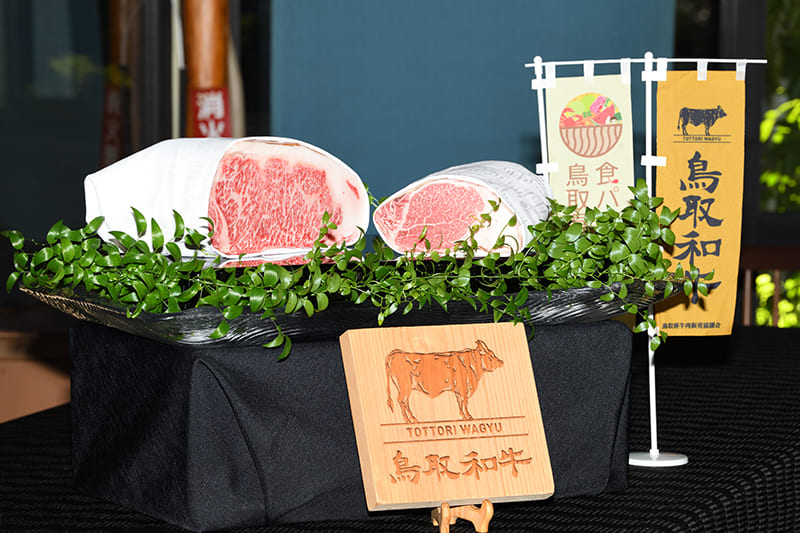
The fair is held at five restaurants in the hotel — the Rib Room steak house, the teppanyaki restaurant Sekishintei, the buffet and bar View & Dining the Sky, the Satsuki coffee shop and Kato’s Dining & Bar, with Japanese cuisine — offering a variety of menus featuring different cuts of meat in combination with other premium ingredients from Tottori and elsewhere across the country.
Tottori wagyu is high in oleic acid, the main constituent of olive oil, and so is flavorful and tender, with no heaviness. Nakajima said he has witnessed even further improvement in quality over the last six years since the beginning of the fair. “Every year, we are ordering about 100 kilograms more than the previous year, serving about 1 ton of meat in the three months during the fair. The direct feedback from our guests that we receive at some of the restaurants where chefs cook in front of the guests tells us that they genuinely enjoy the meat’s flavor and texture. We also noticed that many people come back again during the fair,” he said.
In addition to popular cuts such as filet and sirloin, some menus feature others that offer a unique texture and perfectly match certain ingredients or sauces. For example, the Satsuki coffee shop offers round steak topped with sliced lemon and lemon sauce. Nakajima said even this humble cut is tender and goes well with the freshness of the lemon. “We appreciate the amount of work put into the meat by the producers, so we use bones, muscles and everything else in soup, bouillon and other things, wasting absolutely no part of the meat,” he said.

Hirai appreciated the hotel’s passion and the effort put into making the most of the wagyu beef that Tottori is proud of. “It is the power of the oleic acid that makes every part of the meat tender and flavorful. I am truly inspired by the creativity of the chefs, as well as the encounters and synergies that the fair brings to us,” he said.
In addition to premium wagyu, Tottori boasts a great diversity of foodstuffs. To promote the charms of Tottori’s delicacies in collaboration with other tourism efforts, Tottori launched the Food Paradise Tottori Prefecture campaign this year. “The amount of crab caught in Tottori is the highest in the country. We are a major producer of nashi pears, which are also exported to Taiwan, Hong Kong and other countries,” he said, listing many other types of produce such as watermelon, broccoli and mushrooms.
Under this new campaign, Tottori will enhance its efforts to develop the local economy and industries through food and nurture the food culture by opening up new sales channels, expanding exports, attracting visitors and supporting publicity activities by local people and business owners. “We have a great abundance of foodstuffs, including livestock products, agricultural crops and seafood. We are committed to communicating the producers’ efforts and achievements to consumers in Japan and abroad,” Hirai said.
Tottori is a member of the Sustainable Japan Network, a group of companies that cooperate with this newspaper in spreading information about sustainability in Japan. You can also be part of the network; visit https://sustainable.japantimes.com/sjnetwork-jp for more details.

